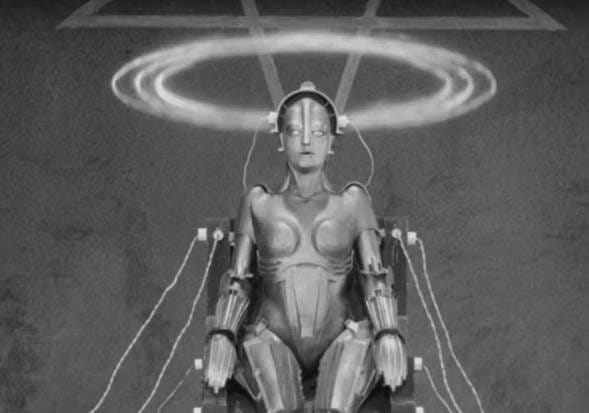On the Future of Artificial Intelligence
Part of Authority Magazine's series about Artificial Intelligence
I just learned an expanded (and poorly edited) version of my post Artificial Intelligence and Your Future Mental Health, was published in Authority Magazine six months ago. Here are some of the main points I make in that article.
One of the greatest uses of AI will be to force people to examine human intelligence.
If General Artificial Intelligence can no…
Keep reading with a 7-day free trial
Subscribe to Stream of Subconsciousness to keep reading this post and get 7 days of free access to the full post archives.



